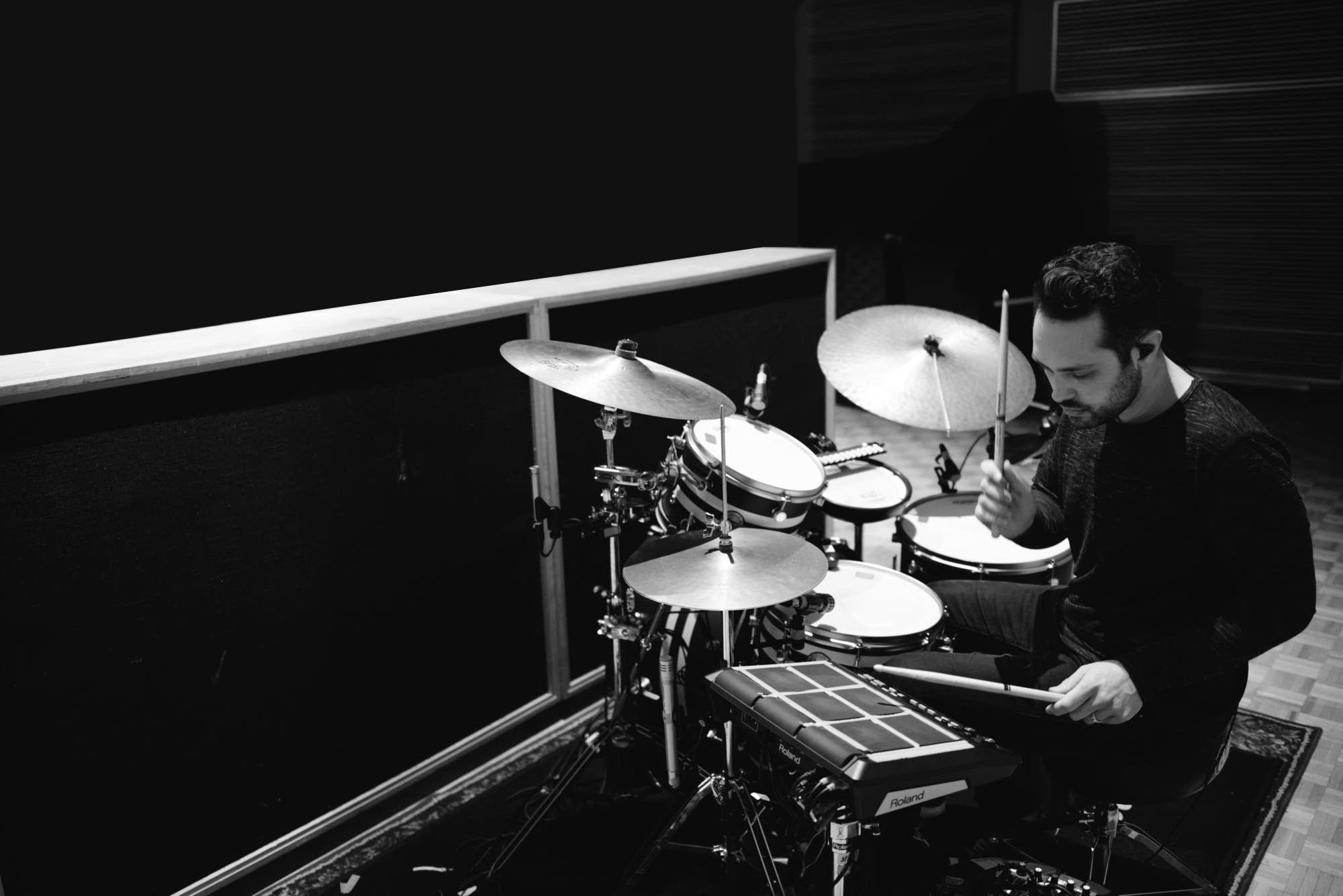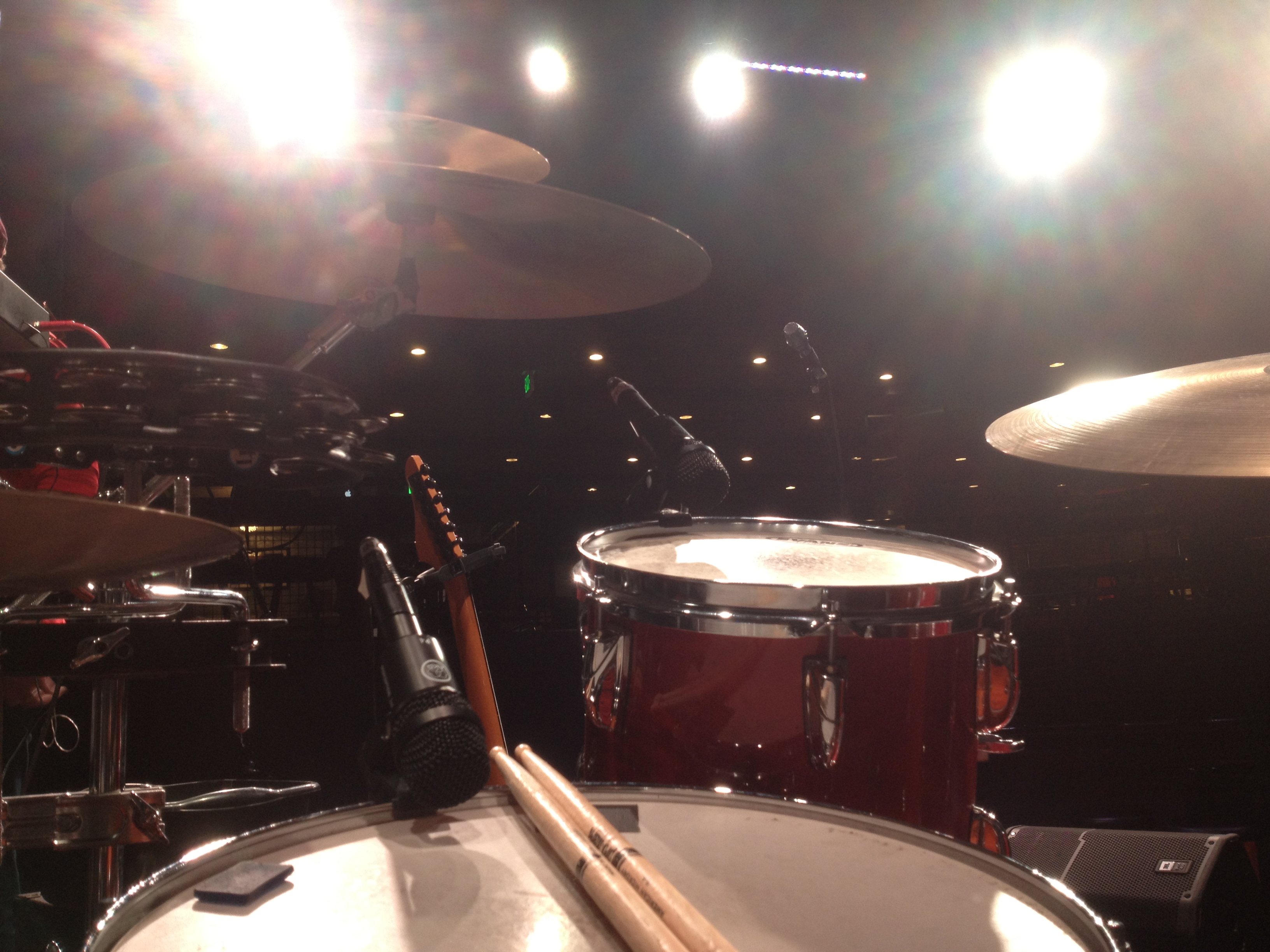“Groove” is a word we use a lot, but for a term that is supposed to define our main purpose as drummers, we sure have a hard time defining it. Ask five drummers what a groove is, and you’ll get five different answers. When I was starting out on the drums, I thought groove was mainly about choosing the right pattern and playing it with metronomic accuracy. Maybe it’s because the importance of playing to a metronome is constantly drilled into us. The more experienced I get as a player, however, the more I realize the click is just a reference. And by no means does metronomic accuracy equal groove. Otherwise we would have all been replaced by drum machines long ago. I hate the term timekeeping. Calling a drummer a time keeper is like calling a writer a typer. Of course, timekeeping is a vital part of our job, but it’s just the beginning in terms of developing a groove!
Feel is another term that plays into groove. To say a drummer has a good feel is, I think, to say he or she makes you feel something as a listener or feel the intention of the song. Although, Groove and Feel are abstract “right brain” concepts, maybe there’s a way to approach them with the analytical left side of your brain? Doing so could enable you to practice these little details that make all the difference. While performing music is mostly an intuitive, subjective activity, practicing is an analytical, objective activity.
This begs the question, what is it we do as human drummers that makes us groove in a way a computer can’t? Or, why can two different drummers play the same pattern and sound so different? I think it comes down to the aspects of groove that don’t get talked about enough – beat placement, type of swing, sound balance, and sound choices. In the next few blog posts I’m going offer my two cents on these topics and recommend some listening to hear these concepts in action. Then, I’ll guide you through some of my exercises I use to practice this stuff.
(Side note, if you do any drum programming, you can use this stuff to make your patterns sound more human.)
And I’ll leave you with some inspiration…

